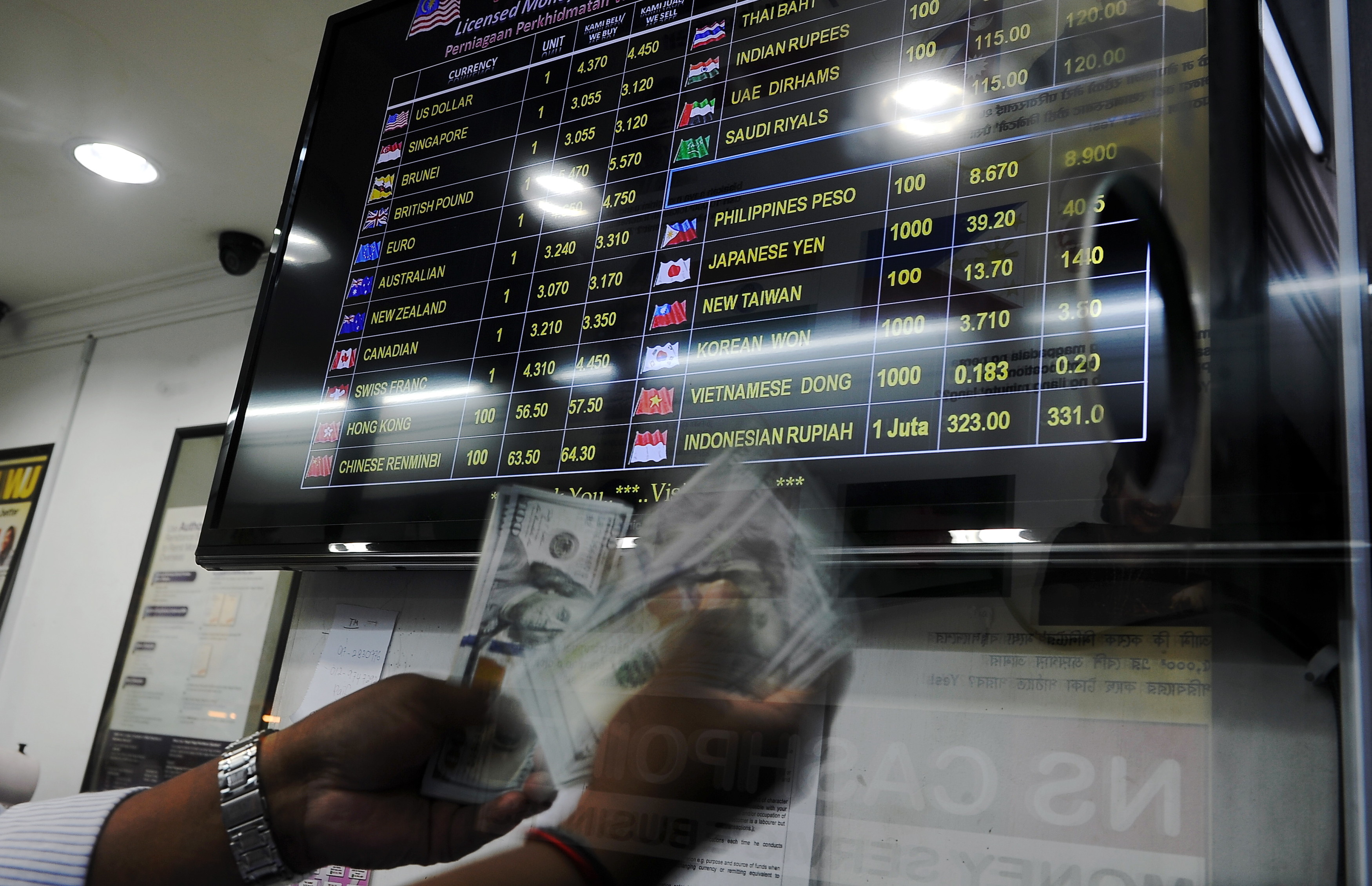By Niam Seet Wei
KUALA LUMPUR, Sept 25 (Bernama) — Kenanga Investment Bank Bhd Research (Kenanga Research) has viewed news that Malaysian bonds will be retained on the watch list of the FTSE Russell’s World Government Bond Index (WGBI) as a relief for the capital markets and the economy.
Its research head, Koh Huat Soon said although Malaysia remained on the watch list, and the risk of a decision in March 2021 for the possible removal remains, this news comes as a relief for the capital markets and the economy.
FTSE Russell announced in its FTSE classification of fixed income markets on Sept 24 that Malaysia will be retained on its watchlist, as of the September 2020 review, for possible reclassification from Market Accessibility Level 2 to 1.
On potential downgrade of Malaysia from market accessibility level 2 to 1, Koh said had Malaysia been downgraded, it would have been removed from the WGBI with an estimated significant potential outflow of US$8 billion.
“That would negatively impact liquidity and raise yields with a negative impact on an already fragile economy,” he said in a note Friday.
Overall, Koh said the news is not entirely surprising, as in the March review previously, the FTSE Russell had acknowledged BNM’s measures taken to improve the Malaysian bond market accessibility to foreign investors.
“Also, there have been positive inflows into the local bond market with improved liquidity following Bank Negara Malaysia’s (BNM or Malaysia’s Central Bank) initiatives and more Malaysia Government Securities (MGS) added to the JP Morgan’s Government Bond Index-Emerging Markets (GBI-EM) Index despite the phase in the entry of China since February.
“Hence, this news is not entirely surprising and has a positive read-through for the equity market since it removes the immediate risk of funds outflow (and hence, negatively impact overall liquidity) from passive index-positioned funds,” he said.
On the impact on the ringgit (Malaysia’s currency), AxiCorp chief global market strategist Stephen Innes said FTSE Russell’s decision was exactly what was expected in the market, hence, doing no plus or minus for the ringgit on that accord.
“Overall, I also think that there is more room for the ringgit to play catch up to the basket of currencies if oil prices can do well,” he told Bernama on Friday.
At the opening bell, the local note remained unchanged at 4.1660/1710 as Thursday’s close.
Aside from retaining Malaysia on its watch list, FTSE Russell also acknowledged the additional initiatives instigated by BNM over the last twelve months to improve the accessibility of the Malaysian government bond market for foreign investors.
The market enhancements include, but are not limited to:
“Improving secondary market bond liquidity through further progress on the establishment of a Debt Management Office, an improved Auction Calendar that offers more re-opening of prior issues, a greater number of MGS available via repo, consolidation of bond issuances to increase the outstanding size per issuance and reducing the number of issuances and introducing MGS futures with physical delivery.
“Enhancing the foreign exchange market structure by making permanent the Appointed Overseas Office (AOO) programme, allowing Japanese local custodian banks to undertake third party forex (FX) and dynamic hedging and streamlining the FX documentation and due diligence processes,” it said.
FTSE Russell added that it will continue to engage with its advisory committees and other stakeholders, over the next six months, to determine the practical improvements that emanate from these important and welcomed initiatives, which should enhance the experience of international participants in the Malaysian fixed income market.
— BERNAMA






